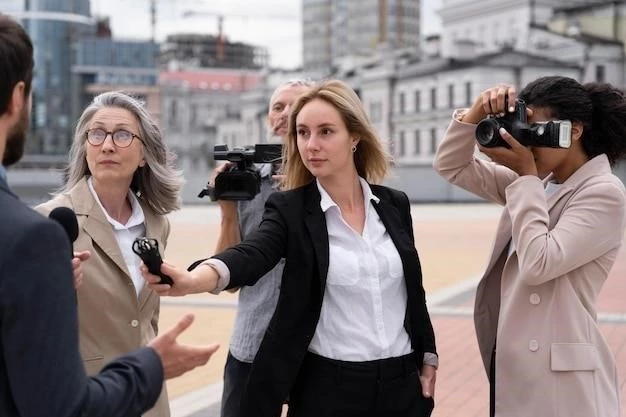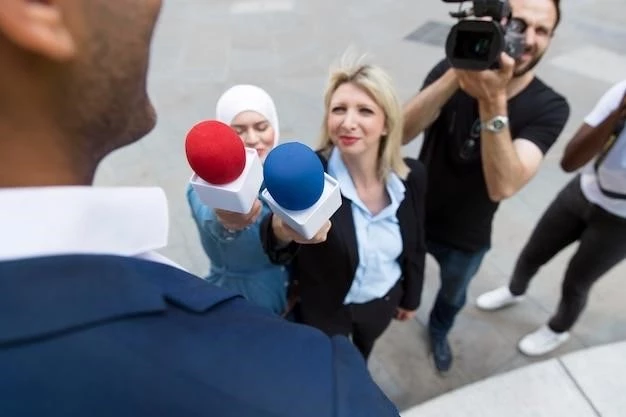Government and the Media: A Complex Relationship
The relationship between government and the media is multifaceted and often fraught with tension. It’s a dynamic interplay crucial to the functioning of a healthy democracy. The media, often referred to as the “fourth estate,” plays a vital role in holding the government accountable and informing the public. However, this relationship is not always harmonious, as both entities operate with different goals and constraints.
The Media’s Role in a Democracy
In a democratic society, the media serves several essential functions:
- Informing the Public: The media provides citizens with information about government actions, policies, and current events. This information empowers individuals to make informed decisions about their lives and participate in the democratic process.
- Watchdog Role: The media acts as a watchdog, scrutinizing government actions, investigating potential wrongdoing, and holding officials accountable for their decisions.
- Public Forum: The media provides a platform for diverse viewpoints and public discourse, facilitating debate and discussion on important issues.
- Agenda Setting: By highlighting certain issues and downplaying others, the media influences the public’s perception of what matters, often shaping the political agenda.

Government’s Influence on the Media
While the media strives for independence, the government can exert influence in various ways:
- Regulation and Licensing: Governments often regulate media ownership and broadcasting licenses, potentially influencing media landscapes.
- Access to Information: The government controls access to official information. While transparency laws exist, governments can withhold information or limit access, impacting the media’s ability to report comprehensively;
- Public Relations and Messaging: Governments have sophisticated public relations machinery to shape narratives and influence media coverage.
- Economic Pressure: Governments can exert economic pressure, such as through advertising spending or subsidies, potentially influencing media outlets’ editorial decisions.
Points of Tension
The inherent tension between the government’s desire to control information and the media’s responsibility to report freely creates several points of friction:
- Censorship and Press Freedom: Attempts by governments to censor media content or restrict press freedom directly undermine democratic values and raise concerns about government overreach.
- Propaganda and Misinformation: Governments may use media outlets to spread propaganda or misinformation, manipulating public opinion and eroding trust in institutions.
- “Fake News” and Erosion of Trust: The proliferation of “fake news” and misinformation, often amplified through social media, has eroded public trust in both traditional media and government institutions. This erosion of trust poses a significant challenge to democratic societies.
- Media Bias: Accusations of media bias, whether perceived or real, can fuel public distrust in media narratives and exacerbate political polarization.
The Impact of Technology
The rise of the internet and social media has profoundly impacted the relationship between government and the media:
- Direct Communication: Social media platforms allow governments to communicate directly with citizens, bypassing traditional media gatekeepers.
- Citizen Journalism: Social media empowers individuals to report on events, potentially challenging traditional media narratives and holding those in power accountable.
- Spread of Misinformation: The ease with which misinformation can spread online poses a significant challenge, as governments and media outlets grapple with ways to combat its harmful effects.
Maintaining a Healthy Relationship
A healthy relationship between government and the media is crucial for a thriving democracy. Here are some key elements:
- Transparency: Governments must be transparent and accountable, providing access to information and facilitating a free press.
- Media Independence: A free and independent media, free from government control or undue influence, is essential.
- Media Literacy: Citizens must develop media literacy skills to critically evaluate information, identify bias, and discern fact from fiction.
- Ethical Journalism: Journalists must adhere to high ethical standards, reporting accurately, fairly, and responsibly.

Conclusion
The relationship between government and the media is complex and constantly evolving. Maintaining a balance between the government’s need to govern and the media’s right to inform is an ongoing challenge. In an era of rapid technological advancement and evolving information consumption patterns, fostering a relationship grounded in transparency, accountability, and a commitment to democratic values is paramount. A free and independent media, coupled with a well-informed and discerning public, remains the cornerstone of a healthy and functioning democracy.










